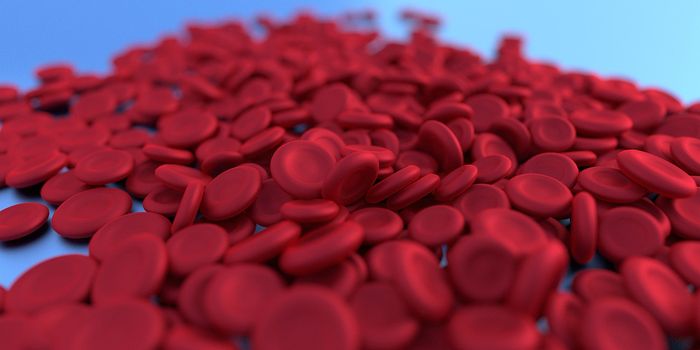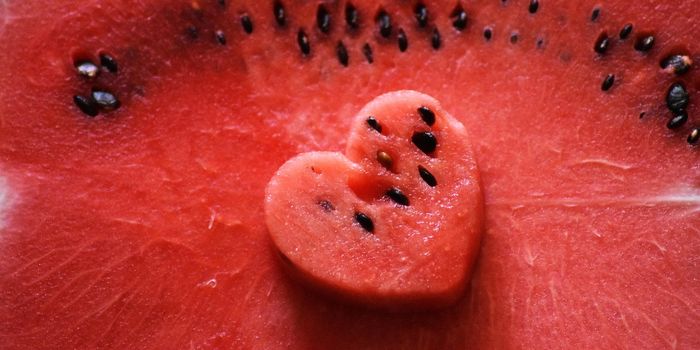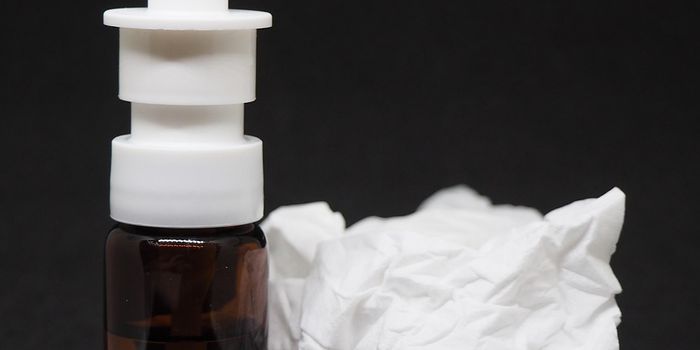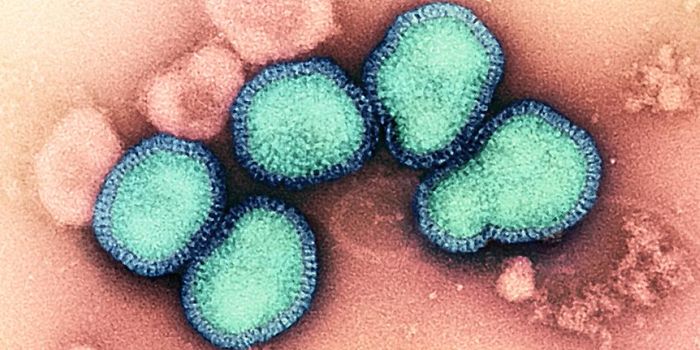Fungi Treatment Can Improve Cancer Survival
Cancer immunotherapy constantly evolves, and discoveries and treatments targeting more aggressive cancers are published daily. One topic gaining traction in the research world is how the microbiome, a collection of bacteria, fungi, and viruses commonly found in the gastrointestinal tract, can impact tumor progression in gastrointestinal cancers. A study published in Cancer Cell conducted by Dr. Prasenjit Dey at Roswell Park Comprehensive Cancer Center demonstrated that fungi within the microbiome promote pancreatic cancer. More importantly, Dey and colleagues found that targeting this fungal microbiome could increase survival outcomes.
Various immune cells in pancreatic cancer are affected by proteins released in the body known as cytokines. Cytokines mediate different immune responses and act as stimulators or suppressors among cells. Interestingly, the Dey Lab found that the pancreatic fungal microbiome is critical for interleukin 33 (IL-33) secretion. Cytokine IL33 drives the activation of type-2 innate immunity. Specifically, IL-33 activates immune cells, including basophils, mast cells, macrophages, T helper 2 cells (Th2 cells), and group 2 innate lymphoid cells (ILC2s).
The two immune cells the Dey Lab predominately focused on were Th2 cells and ILC2s. T helper 2 cells support glycolysis in pancreatic cancer, fueling tumor progression. Moreover, ILC2s are the predominant target of IL33 and reside in tissues to respond quickly to infection. Much is still unclear about ILC2s and their comprehensive role in immunity, but this article extends our knowledge of ILC2s and their role in pancreatic cancer.
The Dey Lab laid the foundation for novel treatment in a hard-to-treat malignancy. They demonstrated that IL33 is necessary for the recruitment of ILC2s and that fungi around the tumor facilitate the secretion of IL33 from pancreatic cells. Moreover, intratumor fungi promote pancreatic cancer, and ILC2 activation mediated by IL33 is necessary for tumor progression. To further establish intratumor fungi's role in tumor progression, the Dey Lab genetically deleted IL33 or administered anti-fungal treatment. They showed a significant decrease in Th2 cells and ILC2 infiltration through deletion or therapy.
Dey and colleagues delayed an aggressive form of pancreatic cancer known as pancreatic ductal adenocarcinoma (PDAC) and improved survival in comparative anatomy. For the first time, Dey and colleagues established a relationship between the fungal microbiome, IL33, ILC2s, and pancreatic cancer. Pancreatic ductal adenocarcinoma is a highly aggressive cancer caught later by physicians. Unfortunately, late detection results in low survival; however, the mechanism that Dey and colleagues uncovered has provided a targetable pathway to prolong survival. The results of this study shed light on novel therapeutic strategies to treat a deadly disease.
Cancer cell, Study, Prasenjit Dey, Roswell Park Comprehensive Cancer Center, Pancreatic cancer, Cytokines, Type 2 immunity








